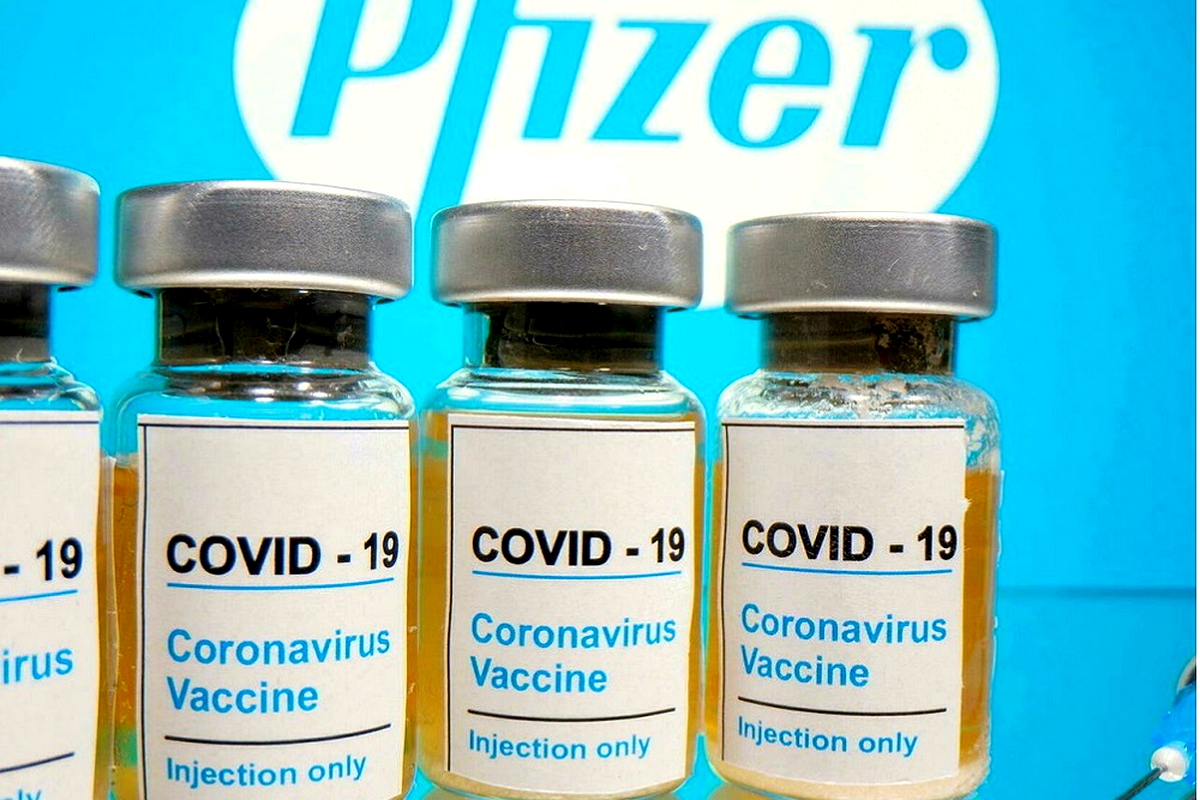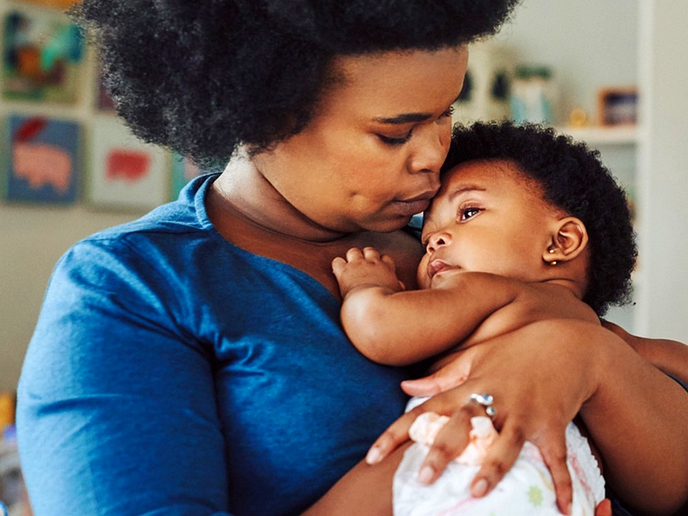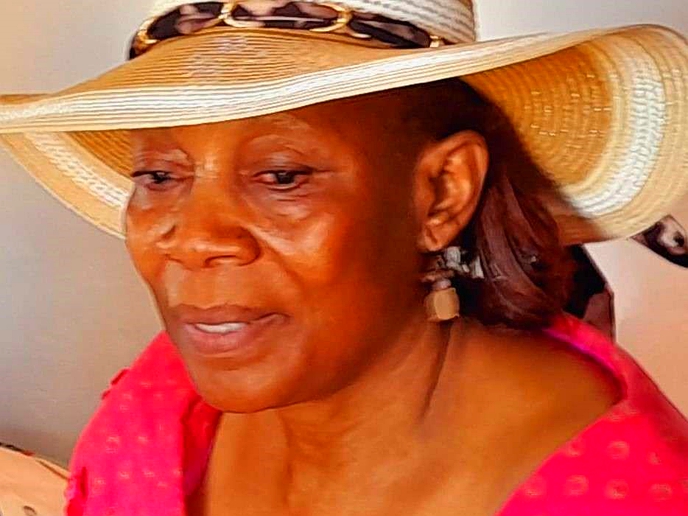THE slow rate at which minors are taking the COVID-19 jabs underscores the parents’ reluctance to have their children vaccinated, despite the government’s assurance that they are safe and are effective to boosting the immune system.
health
Jan. 18, 2022
LINEO MABEKEBEKE
3 min read
Mothers say “no” to vaccines

Story highlights
Some mothers say there is too little track record of the COVID-19 vaccines to confirm their effectiveness, a general concern among parents of children aged between 12 and 17.
Mothers make decisions for their children’s vaccination and many are worried that there is little evidence that the vaccines are effective, hence there are fewer numbers to clinics and other designated areas for vaccination.
While some parents have said they would wait and see if the Pfizer COVID-19 vaccine really worked, others have been lining up to get their school-going children vaccinated since the Pfizer COVID-19 vaccine became available for children.
As of last week, 10 089 children had received their first jab of the Pfizer vaccine, a figure the National COVID-19 Secretariat (NACOSEC) said was a good indicator to persuade more parents to vaccinate their children.
The vaccine was authorised for children late last year by the Ministry of Health after the public had complained that the population in the designated 12 to 17 age group was not receiving the essential COVID-19 jabs since its inception.
Districts which initiated the use of the Pfizer vaccine included Maseru, Leribe, Berea and Mafeteng while the rest will follow.
Parents and guardians of children in the said age group were urged to ensure that their children went to the selected health clinics for vaccination.
’Manaha Molebatsi, a parent of two children aged 14 and 17, said she was doubtful about the effectiveness of the COVID-19 vaccines because research was not conclusive about their healing properties.
“Shots to protect against diseases like measles and others have been around since the 1960s but the first COVID-19 vaccine was only created last year and so we don’t know much about it,” she said.
“I am more concerned about the vaccine’s effects on my children’s future, and I believe the vaccines will harm them.”
Mrs Molebatsi said it was hard to differentiate between facts and misinformation, adding that she would therefore not take her children to the clinic until advised otherwise.
“The biggest concerns are the potential unknown long-term effects of the vaccine,” she noted.
Enjoy our daily newsletter from today
Access exclusive newsletters, along with previews of new media releases.
Sister ’Malekhetho Motenalapi from the Extended Programme on Immunisation (EPI) said improving COVD-19 vaccine rates for children and young people was important to promoting their health and wellness as well as moving closer to ending the pandemic.
Although hesitancy remained high due to a number of reasons, Sister Motenalapi said the vaccination programmes in Leribe and Berea districts had run efficaciously, with promising numbers of children who received their jabs.
So far, she said there were no side effects recorded with Pfizer COVID-19 vaccine, adding that they had also learned that there were some children who liked to get vaccinated even without the consent of their parents.
Sister Motenalapi, however made it clear that if serious side effects occurred, they would happen as soon as the immune system was triggered - not later than two months of receiving the shot.
Tailored for you






